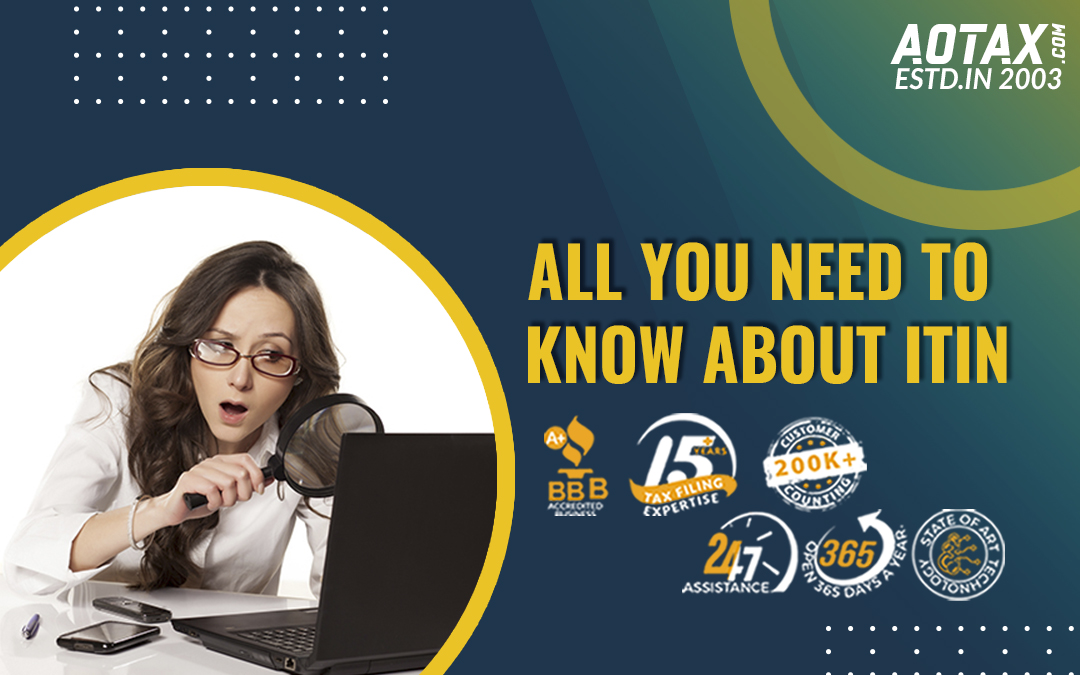
Social Security Benefits
Social Security Benefits
Being a US resident or citizen, you must be aware of Social Security benefits provided by the State. Every employed individual, throughout his working career, contributes to the Social Security system also called the Old Age, Survivors and Disability Insurance Program (OASDI). This contribution accumulates into a corpus from which Social Security Benefits are paid put after retirement or permanent disability.
There are, basically, four different types of Social Security Benefits you can avail.
The rate of these benefits would depend on your earnings. The benefits are as follows:
- Retirement benefit – if you have been employed at a non-governmental organization for a minimum period of 10 years, you are entitled to this retirement benefit when you retire. The benefit is available if you retire any time after attaining 62 years of age. However, if you retire post 65 years and then claim the benefits, you would be paid higher.
- Disability benefit – if you are not nearing your retirement age but suffer permanent disability, you can claim this benefit. The disability benefit would be about the same as retirement benefit.
- Survivors benefit – if you are the spouse of a disabled or a retired worker who qualified to get the disability or retirement benefit but is dead, you can avail the survivor benefit. Your minor and/or disabled children also qualify to get the survivor’s benefit. The amount of benefit would depend on your dead spouse’s earnings over the years.
- Dependents benefit – if you are the spouse of a disabled or a retired worker who is alive and qualifies to get the disability or retirement benefit, you qualify to avail the dependents benefit whether you actually depend on your spouse or not. Your minor and/or disabled children also qualify for this benefit.
Taxability of Social Security Benefits
The taxability of your Social Security Benefits would solely depend on your filing status and your combined income from all sources. If you have income from other sources and your total income, (including Social Security Benefits) crosses a pre-defined limit, a portion of your Social Security Benefits would be taxable. This pre-defined limit is called the base amount and it depends on your filing status. The amounts are:
| Filing Status | Single | Married Filing Jointly | Married Filing Separately | Head of Household | Qualified widow/widower with Dependent Child | |
|---|---|---|---|---|---|---|
|
$25,000 | $32,000 | $25,000. However, if the couple lived together during the year, the base amount is Nil. | $25,000 | $25,000 |
To find whether your Social Security Benefits are taxable or not, you should take half of your social security income and add it to all other incomes. The total figure should then be compared against the above-mentioned base amounts.
If the figure is higher than the base amount, your Social Security benefit might be taxable.
To calculate the taxability you can follow the Form 1040 instructions when you file your tax. There is a worksheet in Form 1040 and Form 1040A which can be used for the same.
Whether your Social Security Benefits are taxable or not you should disclose it when you file a claim. Form 1099-SSA shows the total amount of Social Security Benefit you receive in a year. When you are filing your tax return in Form 1040, line 20a is meant for entering your Social Security Benefit amount. If you file Form 1040A the corresponding line is 11a.
Social Security Benefits help you when your source of income stops on retirement or disability.
They also provide benefits for your spouse and children. Most of the time, these benefits are not taxable if they are below a certain limit. However, you have a legal responsibility of displaying your Social Security Benefit irrespective of whether



Recent Comments